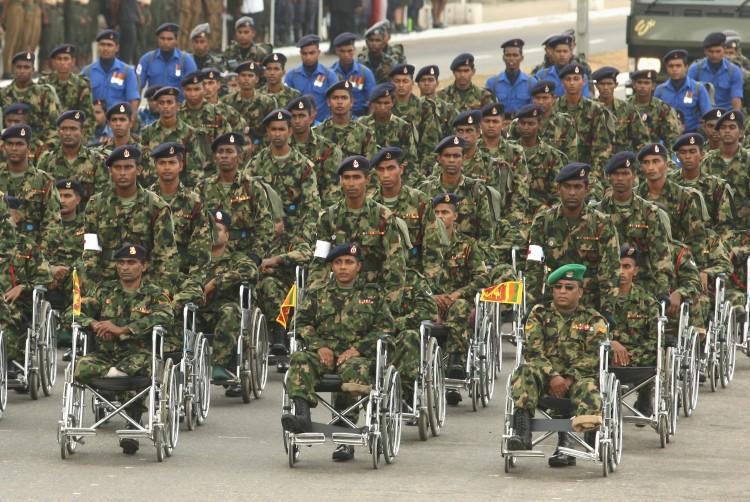An internal United Nations report that was viewed by the BBC says that the U.N. failed to protect civilians during Sri Lanka’s bloody, quarter-century-long civil war against Tamil separatists.
“Many senior U.N. staff did not perceive the prevention of killing of civilians as their responsibility—and agency and department heads at [the U.N. headquarters] were not instructing them otherwise,” the report states.






